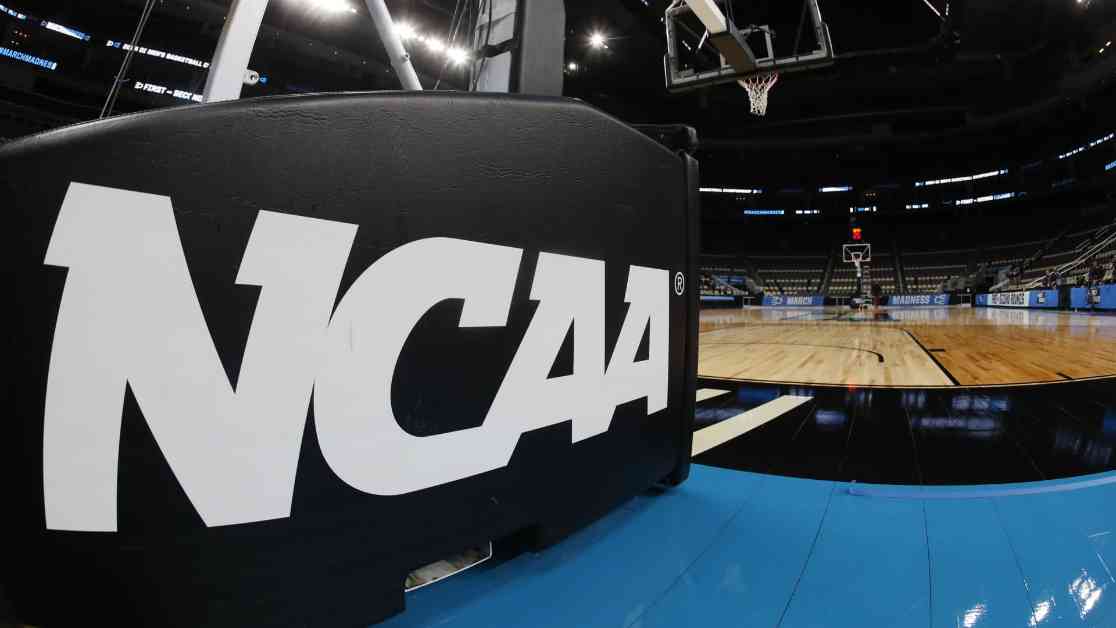The NCAA’s New Policy on Transgender Athletes
The National Collegiate Athletic Association (NCAA) recently made a significant update to its policies regarding transgender student-athletes, sparking a heated debate across the nation. The revised policy now explicitly prohibits transgender women from participating in women’s sports, a decision that comes in the wake of an executive order signed by President Donald Trump threatening to defund schools that allow trans women to compete in women’s sports.
According to the new policy, individuals assigned male at birth are permitted to practice with women’s teams and receive related benefits like medical care. However, they are prohibited from engaging in formal competition. On the other hand, all students, regardless of gender identity, are allowed to compete on men’s teams. Athletes taking testosterone must go through a medical exemption process to comply with the regulations. Additionally, students assigned female at birth who are undergoing hormone therapy or taking testosterone are also excluded from participating in women’s sports.
The NCAA’s decision marks a departure from its previous stance, where it deferred to the standards set by sports’ national governing bodies to determine eligibility for transgender athletes. This policy shift, which was adopted in January 2022, has raised concerns and sparked discussions about the implications for inclusivity and fairness in collegiate sports.
Challenges and Controversies
Critics of the new policy argue that it unfairly targets transgender athletes and reinforces outdated notions of gender identity. Transgender rights advocate Chris Mosier highlighted the policy’s focus on assigned sexes at birth, emphasizing the limited perspective it offers on the complexities of gender identity.
In a statement, LGBTQ+ advocacy group GLAAD expressed deep concern over the NCAA’s decision, calling it “disturbing” and lacking in scientific and human rights expertise. The organization criticized the move as a response to political pressure rather than a thoughtful consideration of the impact on student-athletes.
Implications for the Future
The controversy surrounding the NCAA’s policy on transgender athletes raises broader questions about inclusivity, fairness, and the role of governing bodies in shaping sports regulations. As discussions continue and advocacy groups voice their concerns, the future of transgender inclusion in collegiate sports remains uncertain.
In conclusion, the NCAA’s updated policy on transgender student-athletes has sparked a national conversation about equality, fairness, and the rights of individuals to participate in sports. As the debate unfolds, it is essential to consider the diverse perspectives and experiences of all athletes to ensure that policies are inclusive and supportive of every individual’s right to participate in sports.



















